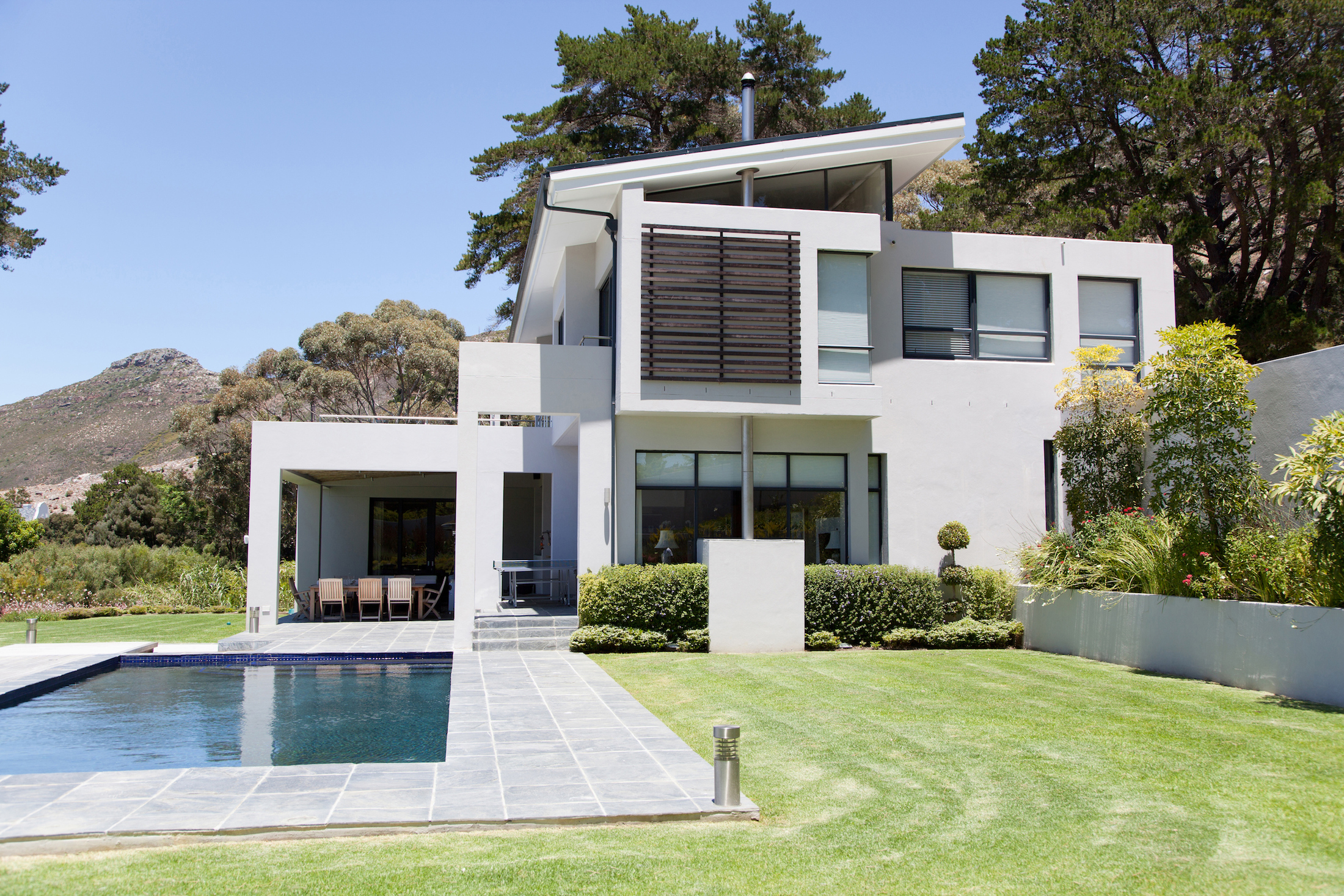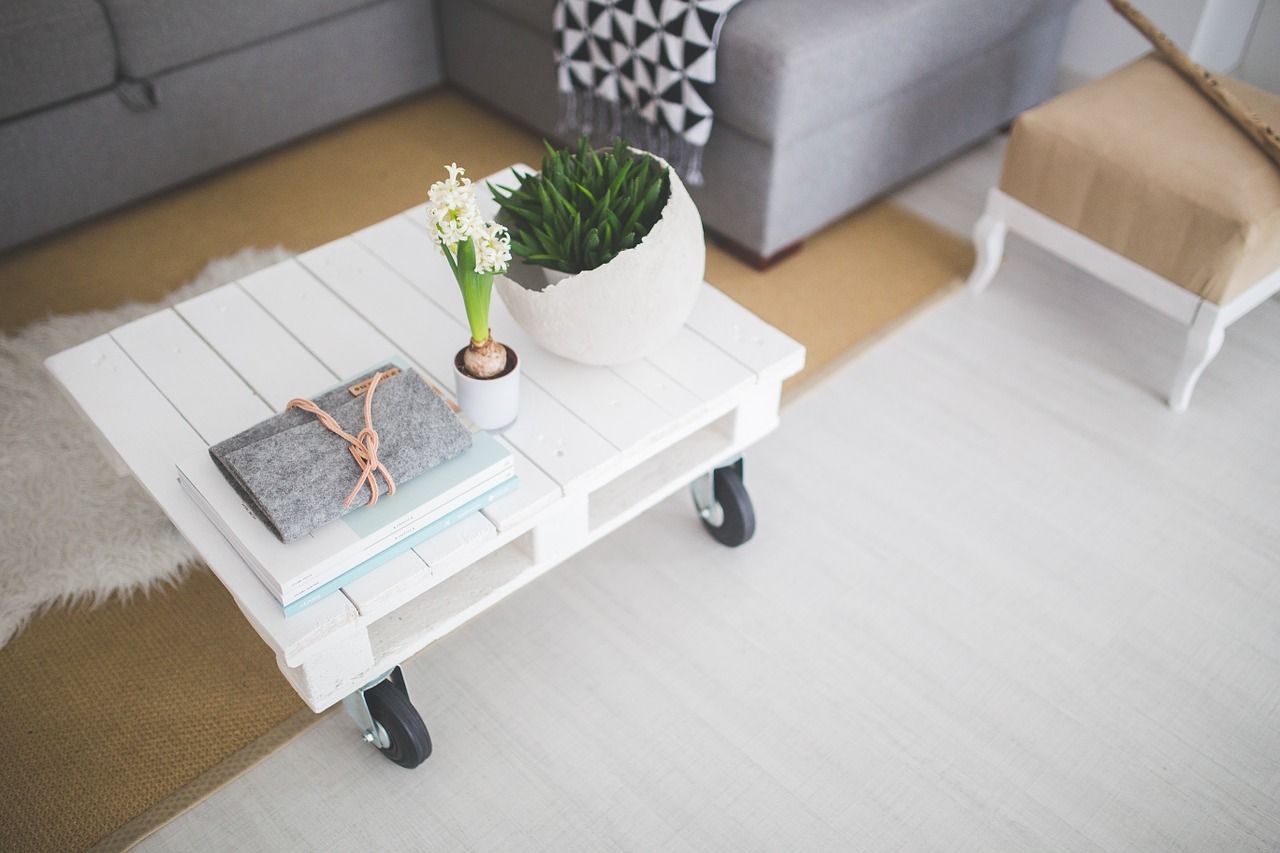To Sell or to Rent? The Perks and Pitfalls of Being a Landlord

Posted in Selling by Kenady Swan

Electing a full sale or a property management situation is a life-changing decision that shouldn’t be taken lightly. In choosing whether or not becoming a landlord is right for you, there are a number of factors to consider, but primarily they fall into the following three categories: financial analysis, risk, and goals.
The financial analysis is probably the easiest of the three to perform. You will need to assess if you can afford to rent your house. If you consider the likely rental rate, vacancy rate, maintenance, advertising, and management costs, you can arrive at a budget. It is important to both be detailed in your projections and to have enough reserves to cover cash-flow needs if you’re wrong. The vacancy rate will be determined by the price at which you market the property. Price too high and you’re liable to be left vacant. Should you have applicants, they’ll often be a group that for some reason couldn’t compete for more competitively priced homes. Price too low and you don’t achieve the revenue you should. If you want to try for the higher end of an expected range, understand that the cost may be a vacant month. Any way you slice it, it’s difficult to make up for a vacant month.
Consider the other costs renting out your property could accrue. If you have a landscaped or large yard, you will likely need to hire a yard crew to manage the grounds. Other costs could increase when you rent your home, such as homeowner’s insurance and taxes on your property. Depending on tenant turn-over, you may need to paint and deal with maintenance issues more regularly. Renting your home is a decision you need to make with all the financial information in front of you.
If your analysis points to some negative cash-flow, that doesn’t necessarily mean renting is the wrong option. That answer needs to be weighed against the pros and cons of alternatives. For instance, how does that compare to marketing the property at the price that would actually sell? Moreover, you’ll need to perform additional economic guesswork about what the future holds in terms of appreciation, inflation, etc. to arrive at an expectation of how long the cash drain would exist.
Risk is a bit harder to assess. It’s crucial to understand that if you decide to lease out a home, you are going into business, and every business venture has risks. One of the most obvious ways of mitigating the risk is to hire a management company. By hiring professionals, you decrease your risk and time spent managing the property (and tenants) yourself. However, this increases the cost. As you reduce your risk of litigation, you increase your risk of negative cash-flow, and vice versa… it’s a balancing act, and the risk cannot be eliminated; just managed and minimized.

In considering goals, what do you hope to achieve by renting your property? Are you planning on moving back to your home after a period of time? Will your property investment be a part of your long-term financial planning? Are you relocating or just hoping to wait to sell? These are all great reasons to consider renting your home.
Keep in mind that renting your family home can be emotional. Many homeowners love the unique feel of their homes. It is where their children were raised, and they care more about preserving that feel than maximizing revenue. That’s ok, but it needs to be acknowledged and considered when establishing a correct price and preparing a cash flow analysis. Some owners are so attached to their homes that it may be better for them to “tear off the band-aid quickly” and sell. The alternative of slowly watching over the years as the property becomes an investment instead of a home to them may prove to be more painful than any financial benefit can offset.
Before reaching a conclusion, it’s a good idea to familiarize yourself with the landlord-tenant-law specific to your state (and in some cases, separate relevant ordinances in the city and/or county that your property lies within) and to do some market research (i.e. tour other available similar rentals to see if your financial assumptions are in line with the reality of the competition across the street). If you are overwhelmed by this process, or will be living out of the region, seek counsel with a property management professional. Gaining experience the hard way can be costly. With proper preparation, however, the rewards will be worth it.
The Risks, Rewards, and Benefits of Owning Rental Property

Posted in Uncategorized by Shelley Rossi
 One area of the real estate market that is thriving right now is rental property. In the first quarter of this year, landlords and property managers across the country rented more apartments and homes than they have during the first quarters of the past ten years. And according to the Wall Street Journal, the amount that renters are willing to pay has also jumped to a nationwide average of $991 per month.
One area of the real estate market that is thriving right now is rental property. In the first quarter of this year, landlords and property managers across the country rented more apartments and homes than they have during the first quarters of the past ten years. And according to the Wall Street Journal, the amount that renters are willing to pay has also jumped to a nationwide average of $991 per month.
All indications suggest that the rental market will continue to improve because of the combination of low vacancy rates and rising rents. In fact, the demand for rentals is predicted to far exceed supply through 2015, with some 4.5 million new renters expected to enter the market in the next five years.
What to consider before buying a rental
Being a landlord has its challenges. The recession took a toll on rental prices for a few years and any future economic downturns could do the same. Once the job market returns to normal, there’s a strong possibility that more people will choose to move from rentals into homes of their own. And the demand for rental properties could become oversaturated at some point, resulting in an investment bubble of its own.
What’s more, while the income from a rental property can be significant, it can take at least five years before you’re making much more than what you need just to cover the mortgage and expenses. In other words, the return on your investment doesn’t happen overnight.
However, in the long run, if you select the right property, it could turn out to be one of your best investment decisions ever—especially since rental real estate provides more tax benefits than almost any other investment.
Tax deductions for the taking
One of the great things about owning rental properties is the fact that you’re able to deduct so many of the associated expenses—including a sizable portion of your monthly mortgage payment.
The commissions and fees paid to obtain your mortgage are not deductible, but the mortgage interest you pay each month is—including any money you pay into an escrow account to cover taxes and insurance. Whatever your mortgage company reports as interest on your 1098 form at the end of each year can likely be deducted.
For example, you may be eligible to deduct credit card interest “for goods and services used in a rental activity,” repairs made to the building, travel related to your rental, expenses related to a home office or workshop devoted to your rental, the wages of anyone you hire to work on the building, damages to your rental property, associated insurance premiums, and fees you pay for legal and professional services. However, as is the case with any transaction of this type, be sure to consult your attorney or accountant for detailed tax information.
What to look for
As with any real estate investment, the location of the property and its overall condition are both key. But with rental properties, there are some other factors you’ll also want to consider:
Utilities: Look for a building with separate utilities (water, electric, and gas, etc.) for each rental unit. This will make it far easier to legally charge for the fair use of what can be a very costly monthly expense.
Competition: If your property is one of the few rentals in the neighborhood, there will be less competition for interested renters.
Transportation: Rentals that are near popular public transportation options and / or major freeways (without being so close that noise is an issue) are usually easier to rent—and demand more money.
Landscaping: Properties with small yards and fewer plantings are far easier and less expensive to manage.
Off-street parking: Not only is off-street parking a desirable feature (people with nice cars usually don’t like to park on the street), it’s also a requirement for rental properties in some communities.
How to start your search
Unlike homes, rental properties do not typically have a visible ‘for-sale’ sign standing out front (as landlords don’t want to irritate, bring attention to their current renters, or turn off any prospective renters). Therefore, if you are interested in a rental property, your best option is to schedule an appointment with your real estate agent/broker to discuss your investment goals and identify what opportunities currently exist in your market place.
Considering becoming a landlord? How to evaluate whether to rent or sell your property
Posted in Selling and Property Management by Windermere Guest Author
Over the last few years, we have seen an increase in homeowners choosing to become landlords rather than placing their homes on the market. In deciding whether or not becoming a Landlord is right for you, there are a number of factors to consider, but primarily they fall into the following three categories: Financial Analysis, Risk and Goals.
 The financial analysis is probably the easiest of the three to assess. You will need to assess if you can afford to rent your house. If you consider the likely rental rate, vacancy rate, maintenance, advertising and management costs, you can arrive at a budget. It is important both to be reasonably correct in your assumptions and to have enough reserves to cover cash-flow needs if you’re wrong. The vacancy rate will be determined by the price at which you market the property. Price too high and you’re either vacant or accepting applicants that, for some reason, couldn’t compete for more competitively priced homes. Price too low and you don’t achieve the revenue you should. If you want to try for the higher end of an expected range, understand that the cost may be a vacant month. It is difficult to make up for a vacant month.
The financial analysis is probably the easiest of the three to assess. You will need to assess if you can afford to rent your house. If you consider the likely rental rate, vacancy rate, maintenance, advertising and management costs, you can arrive at a budget. It is important both to be reasonably correct in your assumptions and to have enough reserves to cover cash-flow needs if you’re wrong. The vacancy rate will be determined by the price at which you market the property. Price too high and you’re either vacant or accepting applicants that, for some reason, couldn’t compete for more competitively priced homes. Price too low and you don’t achieve the revenue you should. If you want to try for the higher end of an expected range, understand that the cost may be a vacant month. It is difficult to make up for a vacant month.
Consider the other costs renting out your property could accrue. If you have a landscaped or large yard, you will likely need to hire a yard crew to manage the grounds. Other costs could increase when you rent your home, such as homeowner’s insurance and taxes on your property. Also, depending on tenant turn-over, you may need to paint and deal with maintenance issues more regularly. Renting your home is a decision you need to make with all the financial information in front of you. You can find more information about the hidden costs of renting here.
If your analysis points to some negative cash-flow, that doesn’t necessarily mean that renting is the wrong option. That answer needs to be weighed against the pros and cons of alternatives (i.e., selling at the price that would actually sell), and some economic guesswork about what the future holds in terms of appreciation, inflation, etc. to arrive at an expectation of how long the cash drain would exist.
Risk is a bit harder to assess. Broadly though, it’s crucial to understand that if you decide to lease out a home, you are going into business, and every business venture has risks. The more you know, the better you can mitigate those risks. One of the most obvious ways of mitigating the risk is to hire a management company. By hiring professionals, you decrease your risk and time spent managing the property (and tenants) yourself. However, this increases the cost. So, as you reduce your risk of litigation, you increase your risk of negative cash-flow, and vice versa… it’s a balancing act, and the risk cannot be eliminated; just managed and minimized.
In considering Goals, what do you hope to achieve by renting your property? Are you planning on moving back into your home after a period of time? Will your property investment be a part of your long-term financial planning? Are you relocating or just hoping to wait to sell? These are all great reasons to consider renting your home.
Keep in mind that renting your family home can be emotional. Many homeowners LOVE the unique feel of their homes. It is where their children were raised, and they care more about preserving that feel than maximizing revenue. That’s OK, but it needs to be acknowledged and considered when establishing a correct price and preparing a cash flow analysis. Some owners are so attached to their homes that it may be better for them to “tear off the band-aid quickly” and sell. The alternative of slowly watching over the years as the property becomes an investment instead of a home to them may prove to be more painful than any financial benefit can offset.
In the process of considering your financial situation, the risks associated with becoming a landlord, and the goals you hope to achieve with the rental of your property, – ask yourself these questions. Before reaching a conclusion, it’s also a good idea to familiarize yourself with the landlord-tenant-lawspecific to your state (and in some cases, separate relevant ordinances in the city and/or county that your property lies within) and to do some market research (i.e. tour other available similar rentals to see if your financial assumptions are in line with the reality of the competition across the street). If you are overwhelmed by this process, or will be living out of the region, seek counsel with a property management professional. Gaining experience the hard way can be costly.
J. Michael Wilson is the dedicated broker at Windermere Property Management Seattle, and has 17 years of experience managing properties in the Seattle region.
 Facebook
Facebook
 Twitter
Twitter
 Pinterest
Pinterest
 Copy Link
Copy Link

